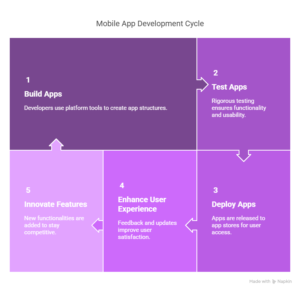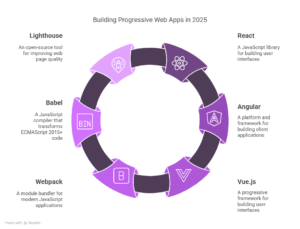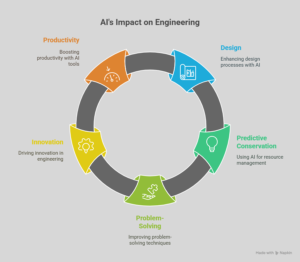On average, companies adopting AI can anticipate a revenue increase of 6% to 10%.
As of August 2023, ChatGPT had been adopted by over 80% of Fortune 500 companies, resulting in significant benefits. American enterprises, in particular, have saved anywhere from $25,000 to $70,000 through the integration of ChatGPT into their operations.
However, despite the promising statistics, the full potential of AI remains largely untapped. Currently, only 15% of strategic planning and execution activities are automated, although experts believe that this figure could reach 50%.
Many individuals are hesitant to embrace AI due to uncertainties surrounding its correct implementation and concerns about the associated financial investment.
So fear not, as we unveil 8 affordable strategies to unlock the full potential of AI within your organization without breaking the bank.
1. Establish your goals and requirements
Before diving headfirst into AI integration, it’s crucial to have a clear understanding of your business objectives. According to research by McKinsey, companies with a clear AI strategy aligned with their business goals are 3.5 times more likely to see success. Take the time to assess your current processes and identify areas ripe for AI-driven optimization.
2. Explore pre-built solutions
Building AI systems from scratch can be time-consuming and costly. Thankfully, there’s a plethora of ready-to-use AI solutions available in the market. From customer service chatbots to predictive analytics tools, these off-the-shelf solutions offer a cost-effective way to harness the power of AI without the hefty price tag.
3. Initiate a pilot project
Embarking on a large-scale AI transformation can be intimidating. Start small by implementing AI solutions in a pilot project. Not only does this minimize risks, but it also provides valuable insights into the feasibility and impact of AI within your organization.
Research by PwC suggests that companies that start with pilot projects are 1.5 times more likely to achieve AI success.
4. Consult experts for advice
Navigating the complexities of AI implementation can be challenging, which is why seeking expert guidance is invaluable. Whether it’s partnering with AI consultants or leveraging the expertise of internal AI specialists, having the right guidance can streamline the implementation process and maximize ROI.
5. Invest in internal or external talent
Building AI expertise is essential for long-term success. According to LinkedIn, demand for AI talent has grown by 74% annually in recent years. While investing in talent may require upfront costs, the long-term benefits in terms of innovation and competitive advantage are undeniable.
6. Focus on incremental improvements
Rather than aiming for large-scale transformations, focus on making incremental improvements to existing workflows. By automating repetitive tasks and optimizing processes, you can gradually increase efficiency without overwhelming your resources.
Research by Deloitte suggests that companies that prioritize incremental improvements are 1.7 times more likely to achieve AI success.
7. Keep track of and enhance efficiency
Continuous monitoring and optimization are essential for AI success. By gathering feedback from end-users and stakeholders, you can identify areas for improvement and fine-tune AI algorithms for maximum efficiency.
According to Gartner, organizations that prioritize AI performance monitoring are 1.8 times more likely to achieve AI success.
8. Explore funding opportunities
Don’t let budget constraints hinder your AI ambitions. Explore available grants, funding programs, and incentives aimed at supporting AI adoption. From government grants to industry-specific funding initiatives, there are plenty of opportunities to offset the costs of AI implementation.





